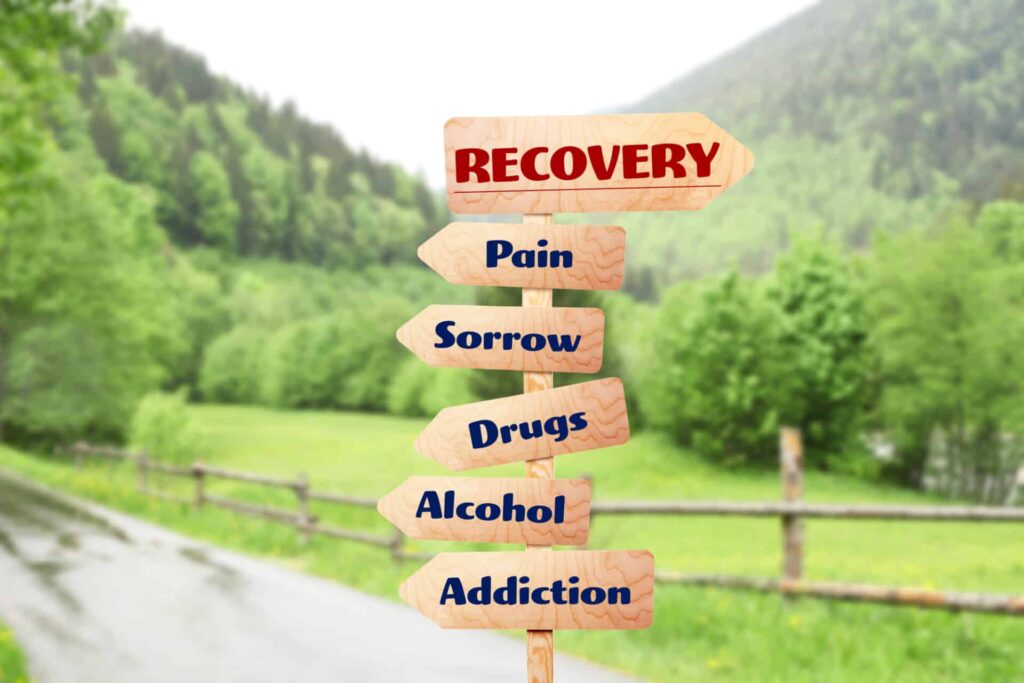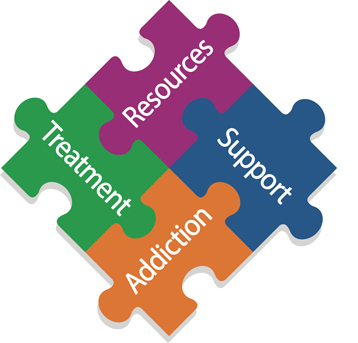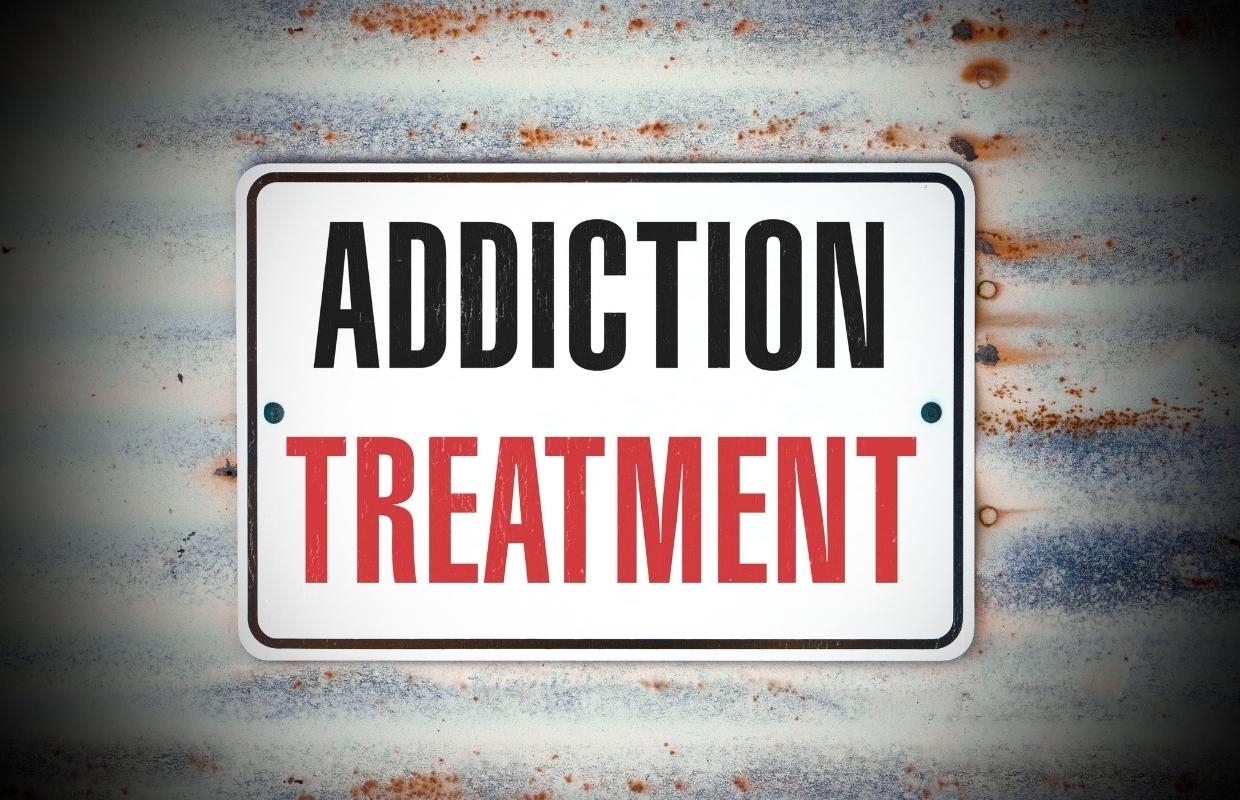Trick Types of Dependency Treatment: Browsing Alcoholism Recuperation Via Evidence-Based Practices
In the world of alcoholism recuperation, the combination of Cognitive-Behavioral Therapies (CBT) and Medication-Assisted Therapy (FLOOR COVERING) notes a crucial stride towards efficacy and patient-centered care. CBT offers an organized course to reframe destructive idea patterns, while floor covering offers a biochemical foothold against the physical tribulations of withdrawal. When these evidence-based practices are supplemented with alternative methods, such as mindfulness and nutritional support, they form a robust framework for treatment. However, the trip through these techniques presents distinct difficulties and end results, laying bare the inquiry of how these therapies concretely intersect to promote sustained recuperation.

Understanding Cognitive-Behavioral Therapies in Alcoholism Recuperation
As alcoholism healing advances, cognitive-behavioral therapies (CBT) have emerged as a foundation in effective treatment strategies. CBT operates the concept that maladaptive actions, such as excessive drinking, are driven by useless ideas and ideas. Therapy concentrates on identifying these negative patterns and training individuals just how to test and change them with even more useful reasoning. This treatment is not just about taking care of actions yet also reshaping cognitive processes, which can result in continual soberness. Procedure typically entail sensible abilities training, such as dealing approaches for handling food cravings and anxiety management strategies. The adaptable nature of CBT enables it to be tailored to the one-of-a-kind demands of each individual, improving its performance in the realm of alcohol recovery.

The Function of Medication-Assisted Therapy in Handling Withdrawal and Desires
Medication-assisted treatment (MAT) plays an important role in the monitoring of withdrawal symptoms and yearnings in individuals recuperating from alcohol dependency. MAT includes the use of FDA-approved medicines such as naltrexone, disulfiram, and acamprosate, which inpatient drug and alcohol treatment help in reducing the physical and psychological urges to consume, promoting a smoother and extra workable detoxing process. These my review here medications operate by modifying mind chemistry to reduce the fulfilling effects of alcohol, support state of mind swings, and reduce physiological reliance. This pharmacological strategy, when incorporated with counseling and behavior treatments, improves the chances of lasting recuperation. Such assimilation supports the retention in treatment programs and adds significantly to avoid regression, marking floor covering as a keystone of efficient alcoholism therapy.

Incorporating Holistic Strategies With Typical Therapies for Comprehensive Care
While medication-assisted treatment offers a foundational technique to alcohol recovery, integrating all natural methods with typical therapies provides a much more thorough treatment model. This synthesis allows the treatment of the entire person, dealing with not only the physical facets of addiction yet additionally the emotional, psychological, and spiritual dimensions. Strategies such as mindfulness, yoga exercise, and navigate to these guys acupuncture complement cognitive-behavioral therapy (CBT) and team sessions, supporting anxiety decrease and psychological policy. Nourishment and workout programs better enhance physical health and resilience. By integrating these diverse techniques, treatment programs can tailor treatments to specific requirements, advertising an extra sustainable recuperation. This integrated technique emphasizes the significance of a multifaceted technique in the reliable therapy of alcohol addiction.
Verdict
In final thought, efficient alcohol addiction recuperation leverages a combination of evidence-based practices. Cognitive-Behavioral Therapies reframe adverse reasoning, while Medication-Assisted Therapy deals with the physical difficulties of withdrawal and desires. Incorporating alternative methods, such as mindfulness and appropriate nutrition, with conventional therapies ensures a thorough treatment technique. Customized to private requirements and sustained with time, these strategies jointly improve the possibility of sustained soberness and total wellness in recovering people. addiction recovery center.